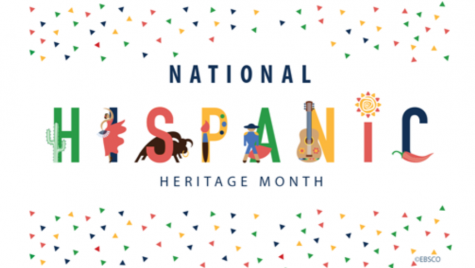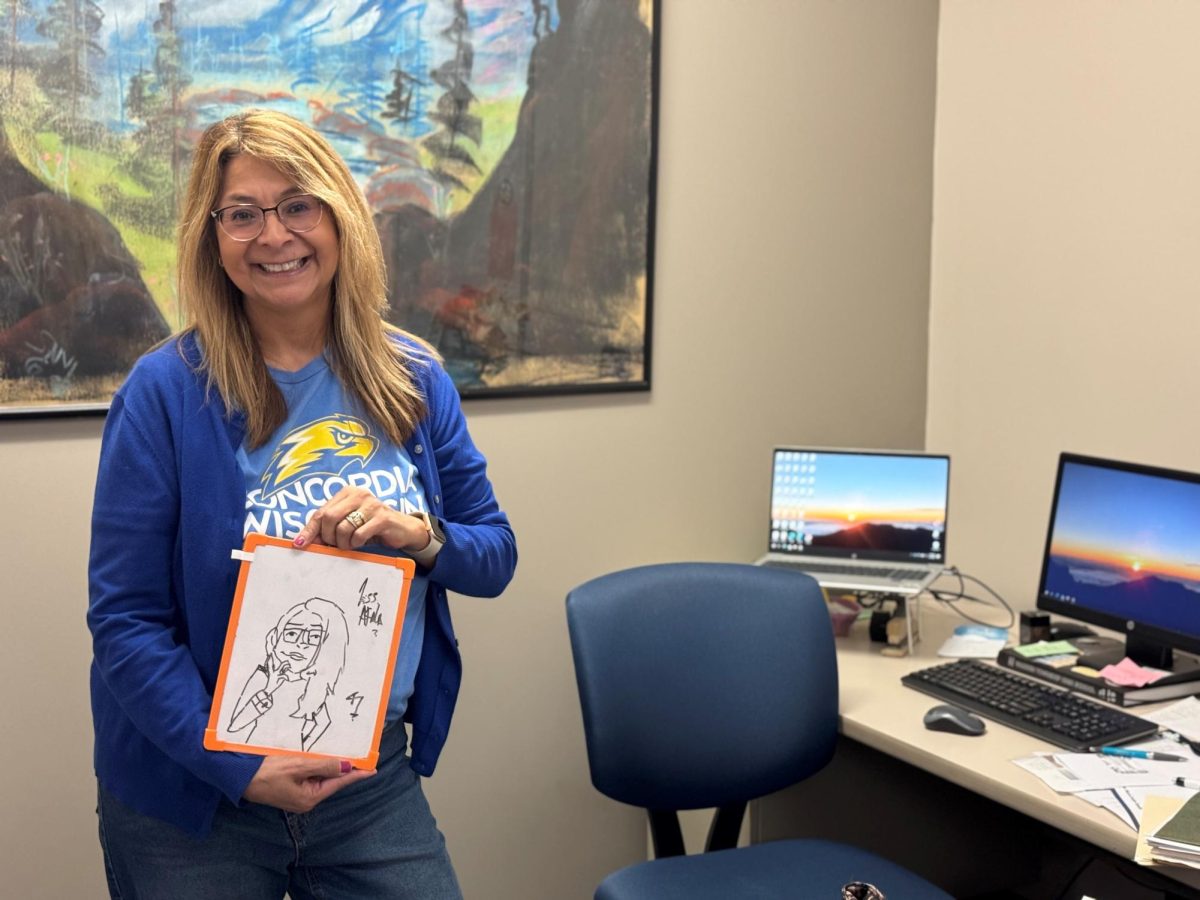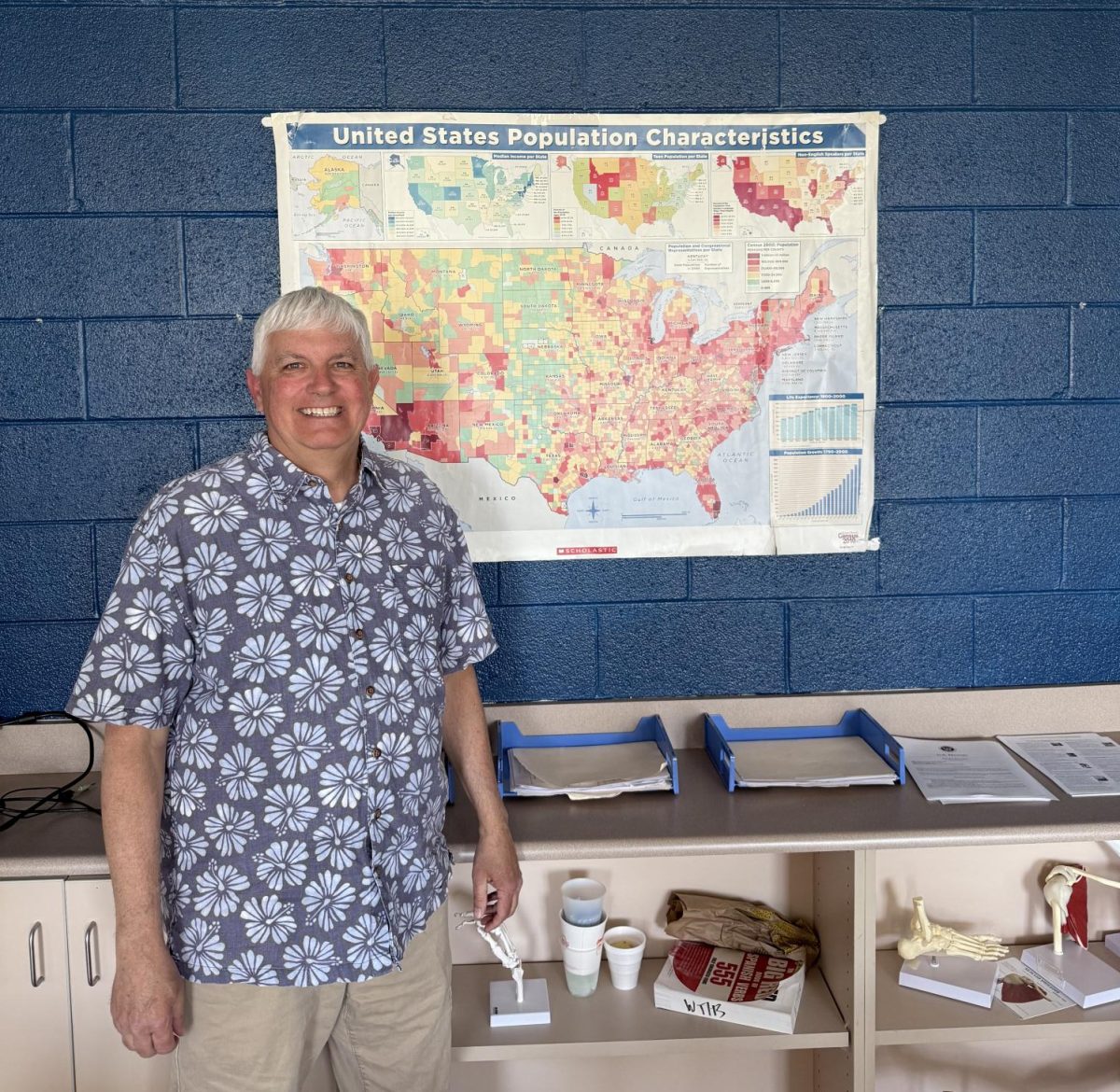National Hispanic Heritage Month
September 30, 2019
National Hispanic Heritage Month is from September 15th to October 15th. To distinguish the difference between the terms Latinx and Hispanic can be challenging. A Hispanic person is someone who speaks Spanish and descends from a Spanish speaking country (example: a Guatemalan). A Latinx person is someone who descends/is from a Mexico, The Carribean, Center, or South American country (example: Brazil). National Hispanic Heritage month is about honoring the Hispanic community for their culture, accomplishments, history, and most of all, heritage. Recounting the experiences of Hispanic-Americans is crucial to talk about, as Warren has a grand Hispanic presence. Being Hispanic comes with both positive and negative experiences.

The Hispanic community faces challenging experiences such as racist and xenophobic encounters. From being harassed in the store for speaking Spanish, to being told to go back to where they come, there is no doubt the Hispanic and Latinx community has had to not only deal with the emotional toll, but also learn how to combat these prejudiced comments. A sponsor of Avanza, Señora Bravo, describes how Warren can participate in developing skills to combat obstacles through the organization of Avanza: “Avanza is an organization for future Latino leaders. In which we use culture, to empower students, as far as knowing what their culture is… but also having others embrace their culture. We empower students to embrace their culture, to speak up for others who can’t. We have different leadership opportunities. Within leadership, you learn to accept others. Within leadership, you learn how to deal with stereotypes and how to deal with people who may say inappropriate comments. Avanza helps promote culture and leadership in order to give back to the community. People from all races can be part of Avanza. You don’t have to be Latino to be a leader within the community.” Joining clubs such as Avanza can enlighten an individual, as most of Avanza’s meetings shed light on the breaking of stigmas and building leadership. Student organizations that promote diversity, educate others, and show how to empathize with communities that face hardships are present in Warren, such as notable clubs Avanza and BSU.
Many young Latinos face challenges with embracing their native tongue. There are students that are afraid to embrace their Spanish language, because they do not feel comfortable with speaking Spanish. I can relate to that, as it was not until 7th grade that I dipped my toes in speaking my native language. Many young Latinx students grow up understanding Spanish, but being afraid and uncomfortable with speaking Spanish. I was afraid to embrace my native language because I was scared I was not going to be able to speak smoothly in a full conversation. Señora Bravo encourages Latinx students who want to make their native tongue part of their identity as well as to practice: “[Warren] has great programs here. At O’Plaine we have the native programs that are for students that understand Spanish at home but don’t know how to read or write it, or don’t feel comfortable speaking it. A lot of kids understand it, they just don’t speak it – or feel they don’t know how to speak it. They can.” The more I practiced my native language, the more I became accustomed to speaking it. I still struggle with speaking Spanish, as I get flustered when I can’t think of a word, but I still feel I am Hispanic and it has been amazing to grow to be comfortable with my native tongue.
Most of all, Señora Bravo emphasizes that an individual who faces these challenges is indubitably not alone: “You have support at home, school, from administration, from your community. You are not alone. For the person who receives the comments, they are not alone. Ignorance fuels hate. I think that our Hispanic community is resilient. This resilience has helped us face any type of adversity. Latino families continue fighting the good fight. Surviving, fighting for their kids’ future.”
The positive aspects of being Hispanic comes along with the culture, the embracing of the native tongue, traditions, and the mainstream attention Hispanic cultures receive. Señora Bravo recounts the great experiences she has had in regard to being Hispanic: “(Growing up) Being Hispanic meant speaking Spanish at home, eating foods [I’m from Mexico, which means eating Mexican food to maintain the culture]… we do things like Christmas where you don’t open your gifts until 12 o’clock [in the morning], all the food, the whole family all together from the morning all the way to the night. Some are making tamales, some are making ponches, some are making biñuelos; so, that family tradition was and is really big in my family. Tradition, food, language, and it [is] that general culture that families are known to have that are Hispanic.” Being Hispanic is definitely a roller coaster, but the heritage, la lucha, traditions, food, culture, singing at the top of your lungs in the car to Spanish music, and most of all, the people, makes me proud to be Hispanic. The Hispanic community faces challenges, but resilience has kept la lucha going.








